It’s All Relational
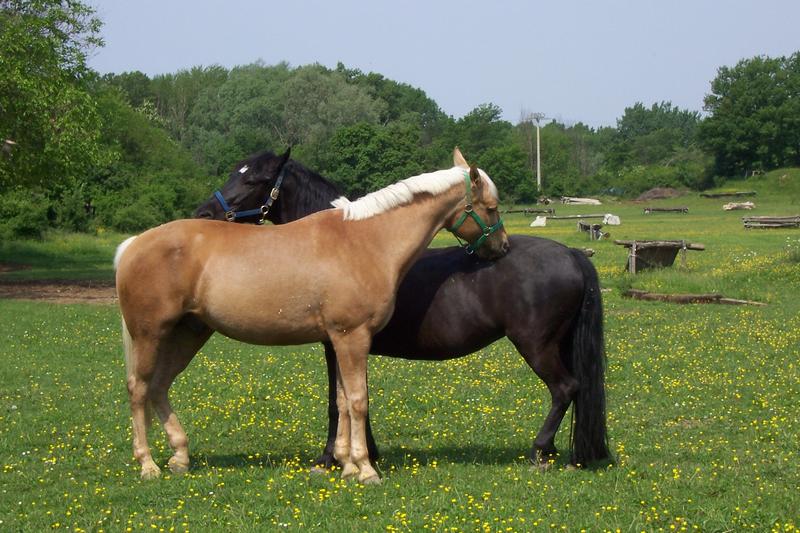
I deleted Facebook from my phone two weeks ago and my nervous system is thanking me for it. I also decided to only go check the site once a day from my computer, in the morning, to make my way through the notifications, see what my friends and groups are up to, and maybe post a link to something I wrote, before logging off and leaving it for the next day.
Since my divorce two years ago, I’ve felt lonely. (Actually, I was lonely long before then, but that’s not worth getting in to right now). Increasingly, I used Facebook as a way to connect with other people, to the point where I found myself checking it dozens of times a day. If I posted something and nobody commented or responded, I was frustrated, and conversely, when someone remarked on a post of mine or responded to a comment I left, I was elated. I felt that dopamine surge with glee.
I will admit to some fear of letting go of Facebook. In the last several years, I’ve secured writing work almost exclusively from groups I belong to, and I am honestly worried that I will miss seeing opportunities if I don’t check the site more than once a day for five minutes. But I’d be lying if I said I feel good about supporting the platform itself and all that it stands for – capitalism, exploitation, curated news feeds, manipulation.
Today, in a conversation with a friend, I was finally able to articulate what it is that I’m discovering about Facebook and, to be honest, other social media platforms as well. They are transactional, but they masquerade as relational. And my work, my passion, centers on the power of relationship and how transformational it is if we really engage in it with intentionality.
To be sure, I am able to use social media as a way to keep up with my cousins who live two states away – seeing photos of their kids and hearing about the things happening in their lives. I am kept informed of important events in the lives of friends who live far away and able to celebrate those things with a group of other friends online. But that’s not relationship.
When I post something on Facebook, it is the equivalent of me standing on a stage with a bullhorn, proclaiming my opinion or telling folks about some idea I have. While, in general, they are free to comment, I don’t have to choose to engage with them, and often the comments aren’t inviting that kind of exchange – they are simply an acknowledgment. That’s not relationship. That’s a transaction.
I have created relationship with folks I met online, but the connection was made offline – either in person or via email or FaceTime or, increasingly, Marco Polo. And in relationship, we are able to learn about and from each other, engage in conversations that are deep and also sometimes superficial and goofy. The communication is not performative in any way because there isn’t an audience and I think that’s important. I can talk to people about racism or what it means to struggle with trauma without voyeurs, and in relationship, I can make mistakes. I can say something and have the other person take a step back and let me know that maybe what I said was insensitive or even inappropriate and, without all of the rest of my Facebook friends looking on, I can take that information in and use it to learn.
I do believe, and have for a long time, that the way we will make this world a better place is through relationship. It is not by “fixing” systems or forcing outcomes, but by engaging in conversations with each other on a very human level where we are allowed to be imperfect, grow, make mistakes, and hold each other accountable. It will take time and a willingness to be present, to pay attention, to suspend judgment, and to show up in our local communities. It involves us taking a leap of faith to connect with other people and let them decide whether or not to invite us in to relationship, or to invite others in to relationship with us. It is the stuff of every day life – seeing someone struggle to carry all of their things and offering to help shoulder the load, volunteering at a neighborhood organization for no other reason than there is a need to be met and we have the resources to help meet it, striking up a conversation with the neighbor while we are both out sweeping the walk. When we strengthen those connections with other people, we begin to see them as part of our community, and when we center those relationships in our lives in a way that feels foundational, it is harder to see other people as stepping stones to our own personal success.
The post I wrote in April about systems centering themselves is part of this idea. When we center relationship, there is no way we can choose to disadvantage individual people in order to serve the “greater good.” Because the greater good relies on all of us being ok, and we are not ok. There are too many of us who don’t have shelter, or enough to eat. There are too many of us who are not safe, either in our own homes or out on the streets. And when we can create communities of care that are rooted in relationships, real, authentic, dynamic relationships where people have affection for each other, support one another physically and spiritually and emotionally, and see each other as vital to our own well-being, we will be on our way to inviting new systems to be born – systems that are grounded in the mutual exchange of ideas and love rather than transactions that serve some but not all.



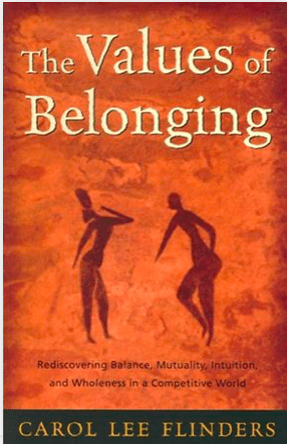
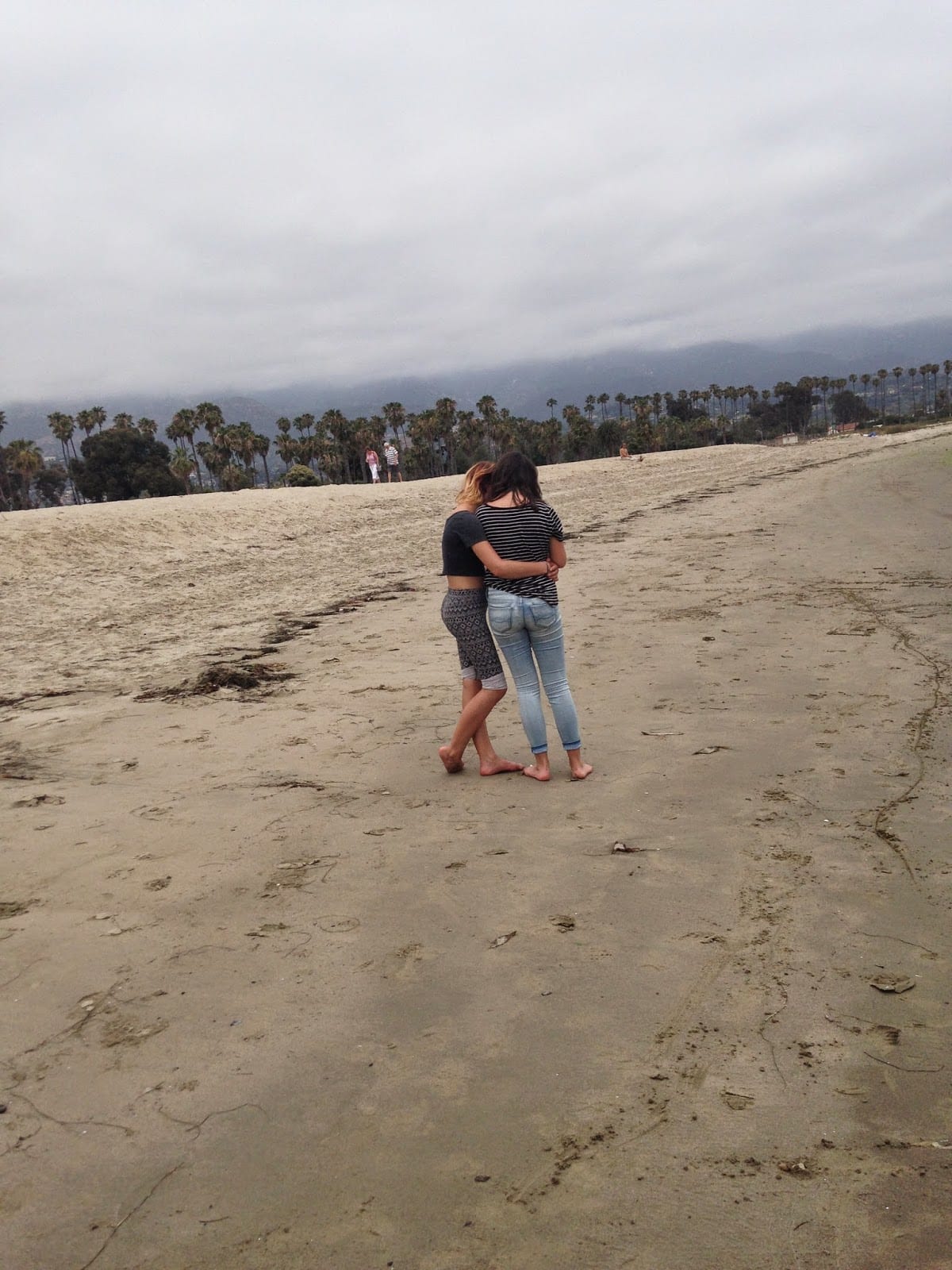
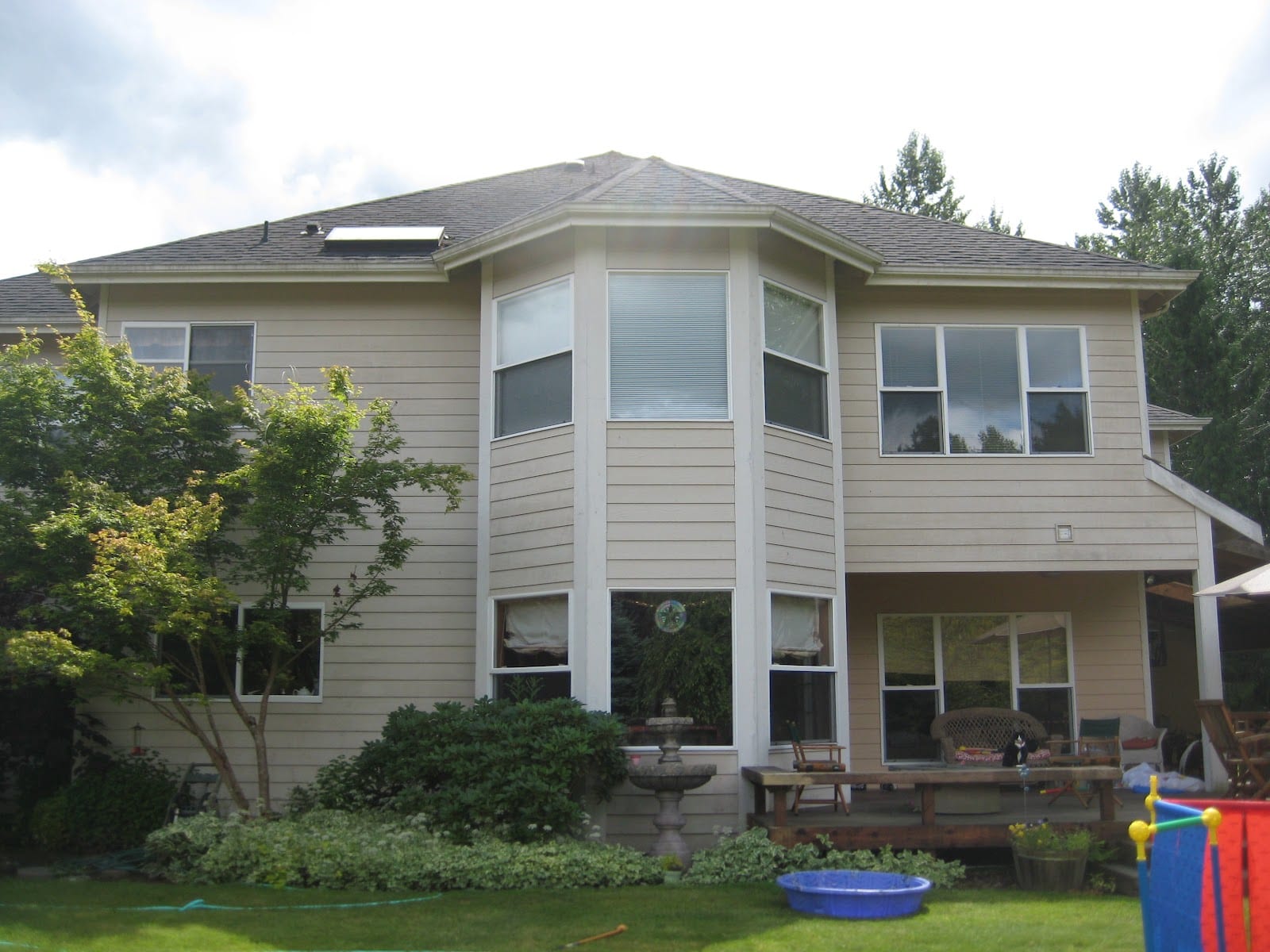

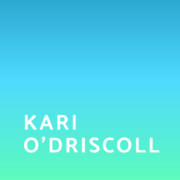

"I can talk to people about racism or what it means to struggle with trauma without voyeurs, and in relationship, I can make mistakes."
Such good things to think about Kari. I had never quite put my finger on it this way. Thank you.